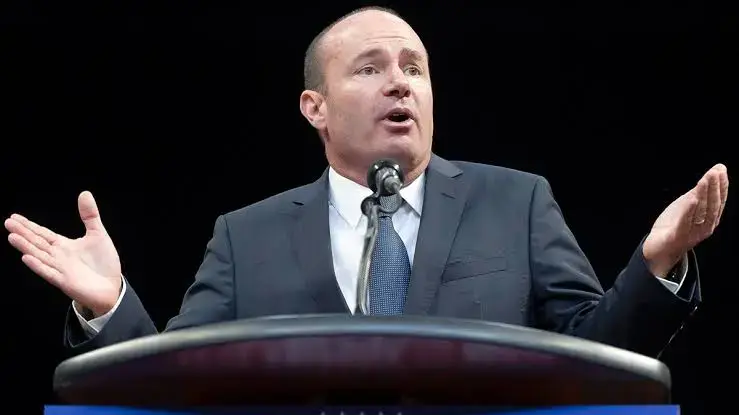Senator Mike Lee and Elon Musk have recently voiced support for a proposal that would bar all sitting members of Congress from reelection if the U.S. federal deficit exceeds 3% of GDP. This idea, highlighted in posts on X, aims to hold lawmakers accountable for fiscal responsibility by tying their eligibility for reelection to the nation’s deficit performance. The proposal has sparked significant discussion, with some praising it as a bold measure to curb government spending, while others question its feasibility and legality.

The concept, as noted on X, remains hypothetical and would face substantial hurdles to implementation. It would likely require either a federal law, which could be challenged on constitutional grounds, or a constitutional amendment, a process that demands broad political consensus and is notoriously difficult to achieve. Posts on X indicate enthusiasm among some users, who see it as a way to enforce fiscal discipline, but there’s no evidence of active legislative drafting beyond Lee’s announcement of intent to propose such an amendment.
Critics argue the plan could oversimplify complex economic issues, as deficits can be influenced by factors beyond Congress’s immediate control, such as economic downturns or global events. Additionally, barring reelection could disrupt governance and raise questions about voter rights. Supporters, including Musk, frame it as a necessary step to address the growing national debt, which the Congressional Budget Office reported as $36.2 trillion, with projections of significant increases from recent tax and spending bills.
This proposal aligns with Musk’s and Lee’s broader critiques of federal spending, as seen in their opposition to a recent Trump-backed tax and spending bill, which Musk called a “disgusting abomination” for adding to the deficit. However, no concrete legislative action has been confirmed, and the idea remains a topic of debate rather than a formal policy proposal.






